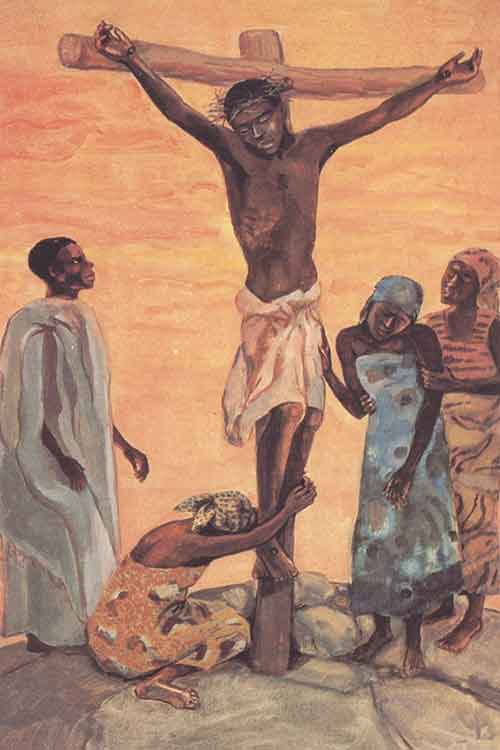
We are far enough outside the Lent-Holy-Week-Easter period for this post not to distract from our celebration of Jesus’ death and resurrection. The day of the week that Jesus died is not given in the Bible. The day that Jesus rose IS given – right in the earliest Gospel account of the resurrection:
And very early on the first day of the week, when the sun had risen, they went to the tomb.
Mark 16:2
Does the first historical account of celebrating Jesus’ death on “Good Friday” occur in the 4th Century?
A significant problem with having Jesus die on a Friday is:
For just as Jonah was for three days and three nights in the belly of the sea monster, so for three days and three nights the Son of Man will be in the heart of the earth.
Matthew 12:40
There are NOT 3 nights between Friday and Sunday’s resurrection. This has nothing whatsoever (please note!) with any argument about Jesus getting this wrong, etc; not even about whether or not these words are Ipsissima verba Jesu (the exact words of the historical Jesus). Matthew is writing after the death and resurrection of Jesus – his account of “three days and three nights” should hold to the early memory of these events.
The strongest pointer to a Friday crucifixion comes from
When evening had come, and since it was the day of Preparation, that is, the day before the sabbath,
Mark 15:42
BUT what if the ‘sabbath’ referred to here by Mark isn’t the weekly Saturday?!
The instructions for Sabbath, Passover, and Festival of Unleavened Bread are:
For six days shall work be done; but the seventh day is a sabbath of complete rest, a holy convocation; you shall do no work: it is a sabbath to the Lord throughout your settlements.
For six days shall work be done; but the seventh day is a sabbath of complete rest, a holy convocation; you shall do no work: it is a sabbath to the Lord throughout your settlements.
These are the appointed festivals of the Lord, the holy convocations, which you shall celebrate at the time appointed for them. In the first month, on the fourteenth day of the month, at twilight, there shall be a passover-offering to the Lord, and on the fifteenth day of the same month is the festival of unleavened bread to the Lord; for seven days you shall eat unleavened bread. On the first day you shall have a holy convocation; you shall not work at your occupations. For seven days you shall present the Lord’s offerings by fire; on the seventh day there shall be a holy convocation: you shall not work at your occupations.
Leviticus 23:3-8
The first and seventh (last) day of the Feast of Unleavened Bread is a sabbath with a holy convocation and to do no work. This gives the possibility that Jesus died the day before the first day of the Feast of Unleavened Bread – which is being referred to as the sabbath, but that was, the year that Jesus died, not a Saturday.
Furthermore
Six days before the Passover Jesus came to Bethany, the home of Lazarus, whom he had raised from the dead.
John 12:1
If Passover was on the Friday Jesus died then the John 12:1 has Jesus and his friends travelling on the Sabbath – something devout Jews would not do.
Those who argue for a Thursday crucifixion count partial days and full nights. Those who argue for a Wednesday crucifixion discount partial days. There is another problem with a Wednesday crucifixion: yes, Thursday would have been the sabbath of Unleavened Bread, but Mary would have gone to the tomb on Friday:
When the sabbath was over, Mary Magdalene, and Mary the mother of James, and Salome bought spices, so that they might go and anoint him.
Mark 16:1
So, this argues for a Thursday crucifixion.
There is no doubting the historicity of Jesus’ crucifixion. As with other ancient (and sometimes recent) historical facts, details are debatable. This in no way is an argument to alter our longstanding annual commemorating of Jesus’ crucifixion on Good Friday (and anticipated in Passion/Palm Sunday). Just as the date of Jesus’ birth is uncertain, the day of his death can be debated – celebrating Christmas and Good Friday is more about making those realities true in our own lives rather than simply commemorating an ancient historical event that has no impact on me now.


